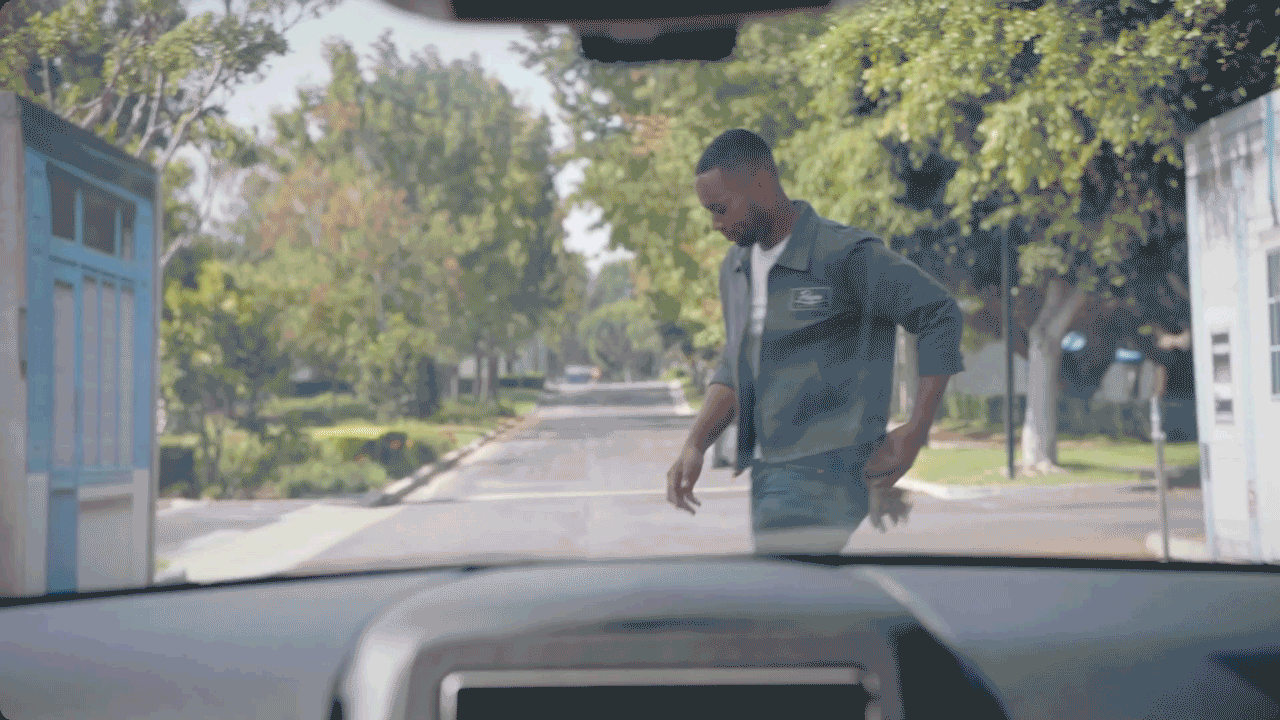NBC's American Auto Could Use A Bailout Too
The new sitcom about a fictional Detroit automaker could unfortunately be about any industry
The American automobile industry has significantly shaped the country's society over the entirety of the 20th century and beyond, for better or worse. From its government bailout to the last decade of recalls, scandals and numerous headlines: The auto industry and Detroit are targets rife for commentary, criticism and ridicule.
And while the jokes are basically pre-written well before NBC's newest workplace sitcom American Auto, their version of the auto satire is about as sharp and cutting as an inflatable beach ball.
Spoiler alert: If you have not watched the season premiere and second episode of NBC's American Auto, now's the time to do a u-ey and get on out of here! Either way, you've done this to yourself.
American Auto is centered around the corporate headquarters of a fictional Detroit automaker named Payne Motors and its cast of incompetent executives. The company is led by CEO Katherine Hastings, played by SNL alumnus Ana Gasteyer. Hastings is a former pharmaceutical executive who isn't into cars and doesn't know how to drive. Hastings is Payne's first female CEO, a lazy nod to General Motors' Mary Barra.
Payne Motors itself casts more of a parallel to the Ford Motor Company. One of the principal characters is Wesley Payne, played by Jon Barinholtz, who is the great-grandson of the company's founder. The sitcom portrays Wesley as an even more incompetent product of nepotism who playfully dislikes that the company board chose Hastings over him. Also, jabs directed at his great-grandfather imply that the founder was racist, sexist, xenophobic, anti-communist and anti-semetic.
The first episode follows the executives as they launch the company's first autonomous car, the Payne Ponderosa. During the episode, the Ponderosa hits a factory worker on the test course because the car's sensors can't see black people. Despite being an actual issue, it's never mentioned again after this one-off joke.
The plot reaches its climax as the executives desperately try to improve the look of the bland and problematic Ponderosa. The solution comes down to stealing what they call are the "best" parts from employees' cars in the parking lot.
It comes down to five hours to build this "new car" for the launch, which as you would guess, is a Frankenstein abomination of a motor vehicle. And no, there's no throwaway line or reference to any recent rebadging projects at Payne Motors.
The second episode opens with the fallout of the Ponderosa's horrific launch. Hastings suggests getting publications to take down negative coverage by offering sex to journalists as a favor, with Autoblog getting a mention later in the episode. I'm not jealous, but why not Jalopnik?
The rest of the second episode revolves around the damage control efforts of another PR disaster, a serial killer kidnapping someone with a Payne car. After Hastings blunders her way through an interview with a local Detroit TV affiliate, two executives give the car's GPS location to the FBI. The killer and his white Payne SUV are later involved in a police chase. And yes, O.J. Simpson is mentioned by name.
American Auto fails to understand the scale of a major automobile company. Prior NBC workplace sitcoms have been set in a regional branch of a paper company, a municipal parks department and a local store of a major retail chain. This sitcom makes it seem like working at Ford's Glass House is the same as the Scranton office of Dunder Mifflin. I could never imagine Mary Barra going to a local TV station for an interview after a disastrous car launch and not a cable business network like CNBC.
American Auto would have been better set at a car dealership. The sitcom doesn't fully utilize its setting and mainly uses its premise to make an occasional joke that isn't exclusive to the automobile industry and could be applied to any large American corporation. I don't foresee a second season in its future if there aren't drastic changes focusing a little more on talking about the auto industry.
